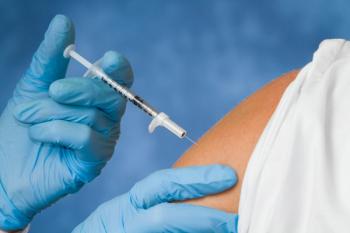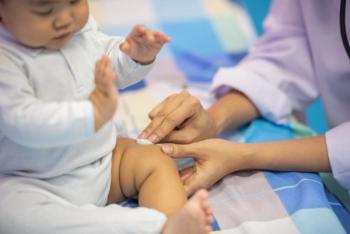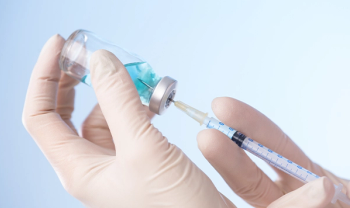
Invivyd Seeks EUA for Additional COVID-19 Protection in Vulnerable Populations
Invivyd‘s request for EUA is supported by positive initial results from the CANOPY Phase 3 clinical trial of VYD222.
Emergency Use Authorization (EUA) has recently been requested from the FDA by
Vaccination currently represents the main method for preventing or reducing the severity of COVID-19, but those with a weak immune response remain at risk. The emergence of new variants highlights the need for additional prevention methods.
Neutralizing monoclonal antibodies, such as VYD222, work differently than vaccines to provide immediate protection, regardless of the individual's immune status.
In the U.S., over 9 million people are living with compromised immune systems. These individuals may not have a strong response to COVID-19 vaccination, which puts them at higher risk for severe outcomes from the virus. People with weakened immune systems, such as people undergoing cancer treatments or organ transplant recipients, are also more likely to develop Long COVID, an illness characterized by persistent symptoms following COVID-19 infection.
No monoclonal antibodies are currently FDA-approved or authorized specifically for preventing symptomatic COVID-19.
Invivyd‘s request for EUA is supported by positive initial results from the CANOPY Phase 3 clinical trial of VYD222. Additionally, the antibody candidate has shown ongoing neutralization activity in lab testing against relevant variants such as JN.1, which is currently
The CANOPY clinical trial is evaluating the effectiveness of VYD222 in protecting against symptomatic COVID-19. The trial is also looking at the safety, tolerability, and immune response of VYD222. It has enrolled approximately 750 participants in two groups (cohorts A and B) at different trial sites in the U.S.
Cohort A consists of around 300 participants who have weakened immune systems. In this group, the main focus is on the safety and tolerability of VYD222, as well as the levels of neutralizing antibodies against different variants of the coronavirus. The efficacy of VYD222 is compared to historical data from a previous
Cohort B includes about 450 participants who are at risk of being exposed to the coronavirus. They were randomly assigned to receive either VYD222 or a placebo. The main endpoints for this group are safety and tolerability, as well as the proportion of participants who develop symptomatic COVID-19 confirmed by a PCR test over a period of 6 months.
Initial data indicates that VYD222 has a favorable safety and tolerability profile, with no reported serious adverse events related to the drug.
VYD222 is a broadly neutralizing, half-life extended monoclonal antibody candidate developed to prevent COVID-19 in immunocompromised adults and teens. It is administered via intravenous infusion. A dose of 4500 mg is being evaluated in the CANOPY trial.
“For immunocompromised adults and adolescents who may not have a robust immune response to COVID-19 vaccines, we believe that VYD222, if authorized in the U.S., would be an important new option for providing this vulnerable population with an additional layer of protection from COVID-19,”
Schmidt anticipates that the initial results from the CANOPY trial will be published in a medical journal this year
Newsletter
Get the latest industry news, event updates, and more from Managed healthcare Executive.























